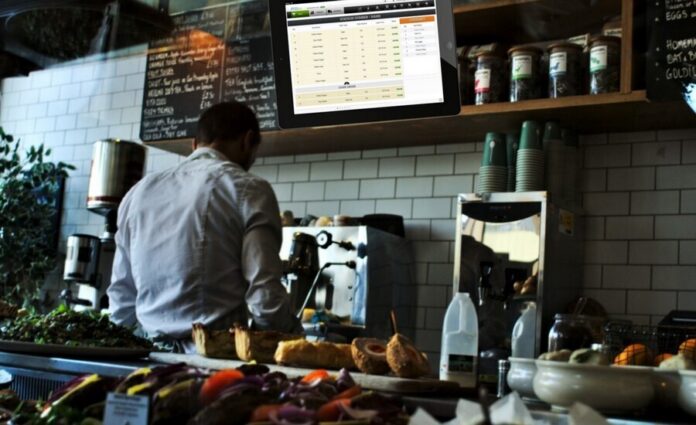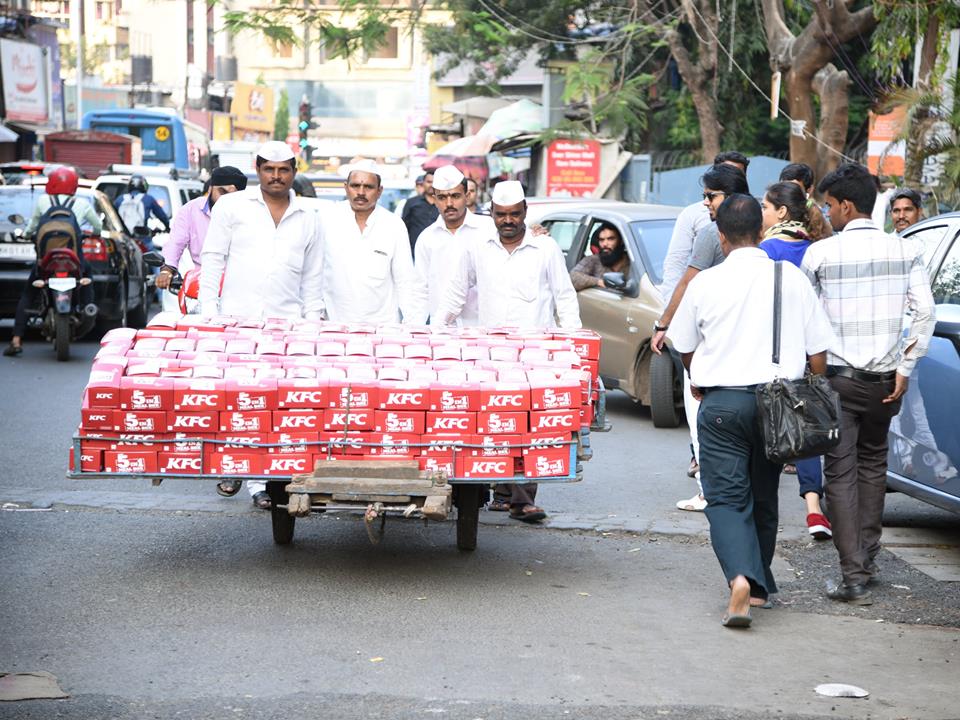Prime Minister Narendra Modi announced on Tuesday, 8 PM that Rs 500 and Rs 1000 notes would no longer be legal tender from 9th November. A state of hysteria gripped the nation, as people queued outside ATMs and petrol pumps to get their cash in Rs 100 notes. Currently, the withdrawals from banks are limited to Rs 20,000 per week and Rs 10,000 per day. Rs 500 and Rs 1000 notes can be exchanged at banks, head post offices and sub-post offices, however even the exchange limit has been capped at Rs 4000. New Rs 500 and Rs 2000 notes are expected to be floated in the market as an attempt to control the flow of counterfeit and black money. The ban on Rs 500 and Rs 1000 notes will have a considerable impact on small businesses, retail shops, and restaurants, where transactions majorly happen in the form of cash.
Impact of the Ban on Rs 500 and Rs 1000 Notes on the Restaurant Industry
Most of the retail businesses refused Rs 500 and Rs 1000 notes, for the sake of preserving Rs 100 notes after the news of demonetization hit the stands. The number of online transactions is expected to soar in the coming days since cash flow will be reduced drastically in the market. There is no restriction on any kind of non-cash payments. Online payments, transactions through cheques, DDs, debit cards and credit cards will still be valid.
As a result of the ban of Rs 500 and Rs 1000 notes, most restaurants, and market areas stayed deserted. Customers are preserving the amount of petty cash they have for daily needs and essentials. Restaurants are also suffering as they have to turn away customers who don’t have exact change or cannot make non-cash payments for a bigger amount.
The overall impact on the restaurant industry seems dismal as customers and investors are both shying away from restaurants. “With a lot of unaccounted money involved (in the restaurant business), I am anticipating lesser investments coming into the market.” Says restaurant consultant Umesh Kapoor of Zion Hospitality.
The number of dine-in orders is likely to increase and restaurants and food businesses accepting online payments and payments through debit or credit cards will have a definite edge over the restaurants that don’t have the facility of mobile card payment machine and online transaction.
Food Delivery to Take a Hit
The ban on Rs 500 and Rs 1000 notes came as a blow, especially for cloud kitchens, and food delivery based restaurant formats, as the number of cash on delivery orders make up the larger part of their revenue.
The food delivery business is expected to receive a massive hit as most restaurants do not provide their delivery boys with a mobile card machine for payments. The number of dine-in orders is expected to increase in the days to come as people would be forced to go out to eat for the lack of payment options in the case of home delivery orders.
Unorganized Sector to Suffer
The players in the unorganized sector, such as small restaurants and dhabas are likely to suffer as they do not have a provision of accepting non-cash payment. Since their APC (Average Price per Customer) or Ticket Size is also low (less than Rs 500), their sales are also expected to suffer since people would be preserving their petty cash, at least for the next few days.
Small restaurants operating without a Trade Identification Number (TIN) would most likely have to get one for easier operations.
Reduced Internal Thefts in Restaurants
One good stemming from the ban on Rs 500 and Rs 1000 notes would be a reduction in internal thefts in restaurants. Ghost sales have been one of the major concerns of restaurants owners. Dishonest staff often charge the customers cash, and either doesn’t give them the bill, or delete the bill from the POS system, thus removing any record of any sale ever happened in the restaurant. With more number of transactions leaving digital footprints, this form of restaurant thefts is likely to be controlled.
Impact on the Restaurant Technology
Let us have a look at how the ban on Rs 500 and Rs 1000 notes would impact the restaurant technology
1. Fin-Tech
The Fin-Tech companies had a field day following the announcement of the scrapping of Rs 500 and Rs 1000 notes. According to the NRAI Indian Food Services Report 2016, less than 10% of transactions take place through the digital channel, currently. The present market size of technology-based ordering in India was estimated to be 2 billion USD and likely to grow by 15-20% CAGR till 2021. Online food ordering and payments are expected to see a huge boost with the sudden increase of online orders.
2. Point of Sale
The restaurant billing software was so far considered as only a tool to improve and simplify restaurant operations. With Prime Minister’s attempt to check black money, the Point of Sale software has now become a dire necessity for restaurants. There would no longer be unaccounted bills and cash in restaurant registers. Restaurants would now have to give out a proper POS generated bill instead of a handwritten receipt.
What You Should Do as a Restaurant Owner
Following the ban on Rs 500 and Rs 1000 notes, you as a restaurant owner should ensure the following:
- Have a mobile card machine for accepting payments. If you can afford it, give one to your delivery boys as well.
- Have a provision for online food ordering. You can use one or more of the many online food delivery services, such as Swiggy, Zomato, Foodpanda. You can also have your own online ordering app and website.
- Make sure you have a robust POS that allows third party integrations. Since your online orders are expected to increase, make sure your POS automatically fetches the orders from different food ordering services, instead of you having to calculate the multiple orders manually.
- Ensure that you have your TIN and licenses in place to avoid any legal troubles.
If you already have all these in place, then great news for you! You can use this opportunity to your advantage. Flaunt, advertise, and promote unabashedly that you accept online and card payments.
















